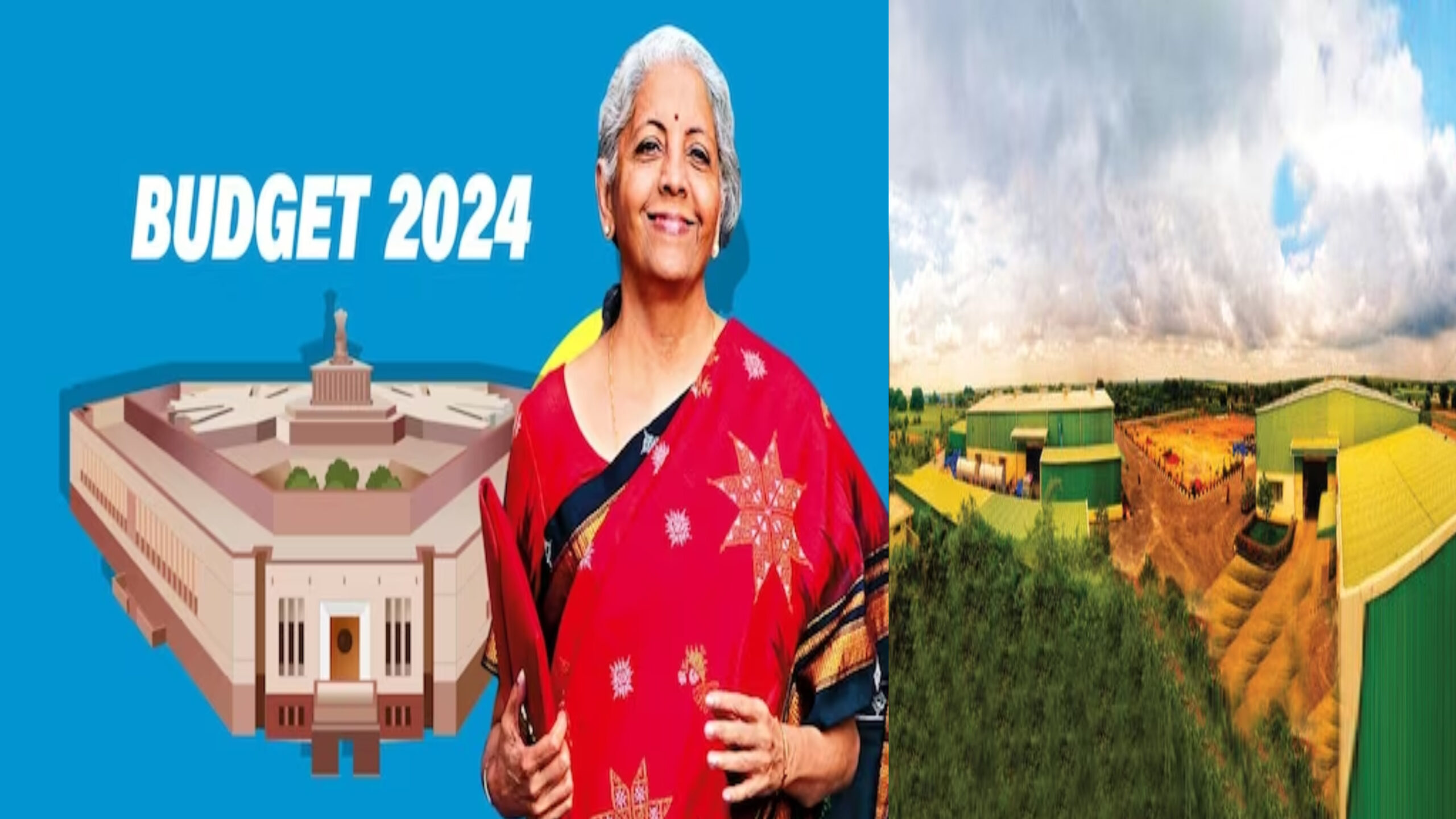Creating an extensive, detailed analysis of the Union Budget 2024 requires not only an expansion of the factual content provided but also a deeper dive into the implications and expectations surrounding this significant financial event. As the Union Budget 2024 is set to be a vote-on-account rather than a full budget due to the Lok Sabha elections, it represents a critical moment in India’s economic and political landscape. Here’s a comprehensive examination:
Introduction to Union Budget 2024
The Union Budget 2024, tabled by Union Finance Minister Nirmala Sitharaman, is noteworthy for being an interim budget, a precursor to the comprehensive budget to be presented by the new government post-elections. Scheduled for February 1, it marks Sitharaman’s sixth consecutive budget presentation, a record she shares with Dr. Manmohan Singh. Despite its interim nature, expectations from various sectors remain high, reflecting the populace’s aspirations and the economy’s needs amidst election-year dynamics.
Viewing Details
The budget speech, scheduled for 11 am on February 1, will be accessible through multiple platforms. Broadcasts will be available on India Today and Aaj Tak TV channels, their YouTube channels, and Business Today’s digital outlets. Additionally, Doordarshan (DD) News and the Press Information Bureau (PIB)’s YouTube channel and website will offer live streaming, ensuring widespread accessibility.
Historical Context and Record
Nirmala Sitharaman, as India’s first full-time female finance minister, has presented five full budgets since 2019. This interim budget sets her apart from predecessors like Arun Jaitley and Yashwant Sinha, who both presented five budgets in their tenures. This milestone underscores her pivotal role in shaping India’s economic policies during her tenure.
Sector-wise Expectations
Despite the constraints of a vote-on-account budget, there are significant expectations across various sectors:
- Taxation: There is a common desire for tax relief, including reduced tax rates, increased income-tax rebate thresholds, revisions in capital gain tax, enhancements under the new tax regime, and the removal of GST from insurance policies.
- Workforce Development: The recruitment industry seeks budgetary allocations for skill enhancement and workforce development, alongside regulatory frameworks for the gig economy and contingent workforce to ensure flexibility and mutual benefits for employers and workers.
- Gig Economy and Industrial Expansion: The budget is anticipated to address the gig economy directly, offering regulatory frameworks and fostering an environment conducive to collaboration between technology firms and recruitment platforms. Targeted incentives for specific sectors to stimulate investment, job creation, and promote industrial expansion are also expected.
- Women Entrepreneurs: There is a call for increased budgetary allocations to support women entrepreneurs, emphasizing the need for enhanced access to capital and equity-based funding. This includes a focus on diversity-focused funds to create a more inclusive financial ecosystem for female entrepreneurs.
Implications and Analysis
The Union Budget 2024 is pivotal, not only as a fiscal statement but also as a reflection of the government’s priorities in an election year. The emphasis on taxation, workforce development, the gig economy, and support for women entrepreneurs highlights the critical areas for fostering economic growth and social equity. These expectations reflect the broader aspirations of the Indian populace for a budget that balances fiscal prudence with growth-oriented policies.
The focus on the gig economy and contingent workforce underscores the changing nature of work and the need for policies that adapt to these shifts. By advocating for regulatory frameworks that benefit both employers and workers, the budget can pave the way for innovative employment models that contribute to economic resilience.
Targeted incentives for industrial expansion and skill development signal a strategic approach to fostering sectors poised for growth, underpinning job creation and technological advancement. Moreover, enhancing support for women entrepreneurs through increased access to capital and equity-based funding is critical for achieving gender equity and unleashing the potential of women-led businesses in driving economic innovation and diversity.
Conclusion
As the Union Finance Minister Nirmala Sitharaman prepares to present the Union Budget 2024, the anticipation and expectations from various sectors underscore the budget’s significance in setting the tone for India’s economic trajectory in an election year. While the constraints of a vote-on-account budget may limit the scope for sweeping reforms, the strategic allocations and policy signals will be crucial in addressing immediate needs and laying the groundwork for sustained economic growth and social development. As India stands at a critical juncture, the Union Budget 2024 offers an opportunity to reinforce the foundations for a resilient and inclusive economy.

